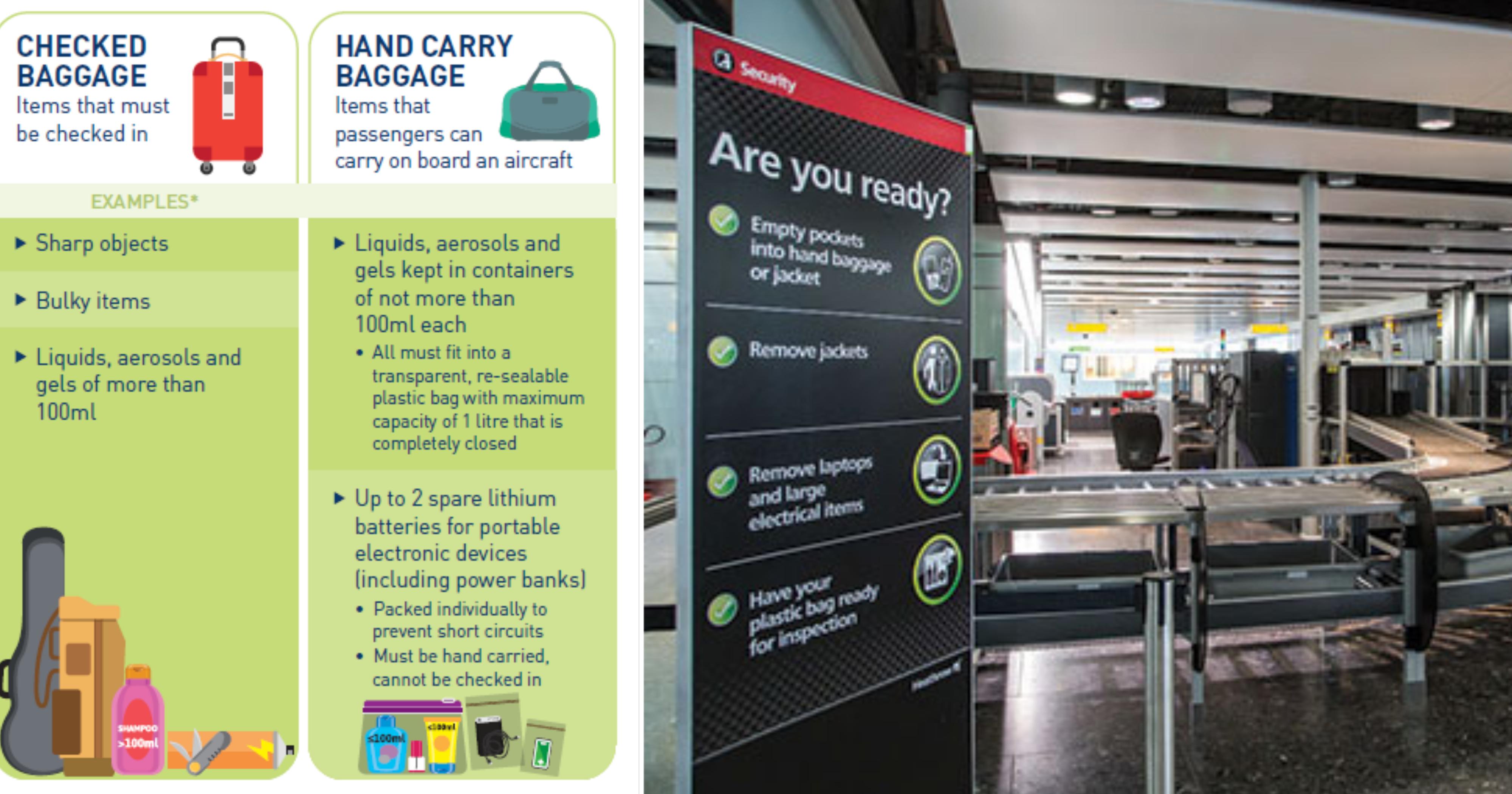UK Prime Minister Boris Johnson has announced that major UK airports must introduce new 3D scanners by 2022.
According to BBC, this could mean the end of restrictions on travelling with liquids and laptops.
3D scanners are less disruptive
London's Heathrow airport was the first UK airport to install the equipment, which it has been trialling since 2017.
The airport will be spending approximately S$84.8m over the next few years to fully roll out the technology, but stresses that aviation companies would be footing the bill, rather than the taxpayer.
The installation of the 3D scanners have made travel "less disruptive", according to the airport's chief executive, as the scanners were able to see what liquid was contained in luggage.
This meant that travellers no longer had to do certain travel rituals that many of have grown accustomed to, such as removing shoes, separating liquids, or taking laptops out of luggage.
The scanners are set to be rolled out to other UK airports over the next few years.
2006 liquid bomb plot
On Aug. 09, 2006, a terrorist plot to blow up as many as 10 planes between London and North America was uncovered, and eight suspects were arrested in the UK.
The plan involved improvised explosive devices, which would be assembled on board, and were to be disguised in bottles of soft drinks.
On Aug. 14, 2006, the UK introduced new security rules, with a blanket ban on all liquids on flights.
Even pens were banned from transatlantic flights from the UK, as the ink within the pen was considered a liquid.
The ban was later relaxed to the one more familiar today, where liquids are restricted to containers holding no more than 100ml, and must be stored within a transparent, resealable plastic bag.
Implications for Singapore
On May 8, 2007, Changi Airport implemented new aviation security measures for flights, restricting the amount of liquids, aerosols and gels that passengers can carry aboard planes.
This was a direct response to the aftermath of the foiled UK bomb plot, which led countries worldwide to implement similar measures.
With the UK gradually relaxing the restrictions by implementing new technology, perhaps it will not be long before other countries, including Singapore, to follow suit.
Top image from CAG and Heathrow Airport.
If you like what you read, follow us on Facebook, Instagram, Twitter and Telegram to get the latest updates.
